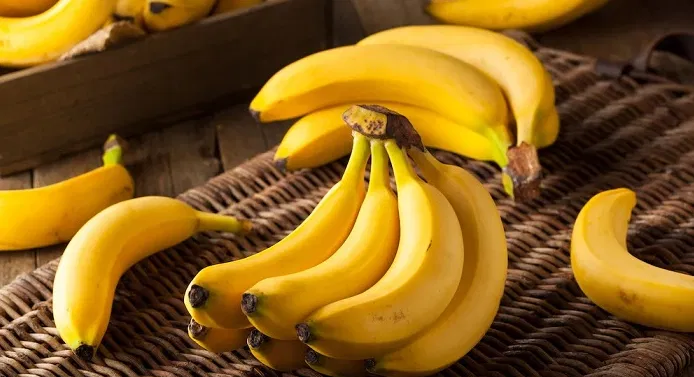This Is What Science Says About Eating a Banana for Breakfast
Bananas are a popular grab-and-go breakfast choice. They are convenient, naturally sweet, and packed with nutrients. But are they a good choice to start your day? Here’s what science says about eating a banana for breakfast.
Nutritional Benefits of Bananas
Bananas are rich in essential nutrients that support overall health.
-
Potassium: Helps regulate blood pressure and muscle function.
-
Vitamin B6: Supports brain health and energy production.
-
Vitamin C: Strengthens your immune system.
-
Fiber: Promotes digestion and keeps you full longer.
-
Natural sugars: Provide a quick energy boost.
A medium banana has about 105 calories, 27 grams of carbohydrates, and 3 grams of fiber, making it a low-calorie and nutrient-dense food.
Why Bananas Alone Might Not Be Enough
While bananas are healthy, eating one alone for breakfast may not keep you full for long.
-
The natural sugars can cause a quick rise in blood sugar, followed by a crash that leaves you feeling tired and hungry.
-
Bananas lack protein and healthy fats, which are important for satiety and stable energy levels.
The Best Way to Eat a Banana for Breakfast
Pair your banana with foods rich in protein and healthy fats to make a balanced meal.
-
Add peanut butter or almond butter to your banana for extra protein and good fats.
-
Slice a banana over Greek yogurt or oatmeal.
-
Blend it into a smoothie with protein powder and spinach.
This combination slows digestion, keeps blood sugar stable, and provides long-lasting energy.
Summary
Science shows that bananas are a nutritious and convenient breakfast option, but they should be paired with protein and healthy fats for a balanced meal. On their own, they may lead to quick energy spikes and crashes. Combine your morning banana with other nutrient-rich foods to stay full and energized throughout the day.
